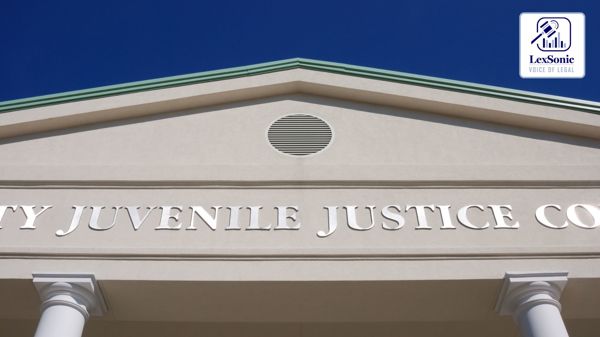Juvenile Justice Prevails: Supreme Court Overturns 32-Year-Old Rape Conviction.
23 July 2025
Juvenile Justice >> Miscellaneous
In a landmark decision of Sua v/s The State Of Rajasthan, the Supreme Court of India has set aside the conviction and sentence of an appellant in a 32-year-old rape case, after it was determined that the accused was a juvenile at the time the crime was committed. The ruling highlights a critical principle of Indian law: the plea of juvenility can be raised at any stage of a judicial proceeding, even after a conviction has been finalized.
The case originated from an incident in 1988, where a man was accused and subsequently convicted of rape and wrongful confinement by a trial court in Kishangarh, Ajmer. The conviction was upheld by the High Court, and the appellant had been sentenced to five years of rigorous imprisonment for rape and six months for wrongful confinement.

The Plea for Juvenility:
During the appeal before the Supreme Court, the appellant’s counsel presented a new argument for the first time: that the accused was a juvenile at the time of the offense. Citing his date of birth as September 14, 1972, the counsel argued that on the date of the crime, November 17, 1988, the appellant was just 16 years, 2 months, and 3 days old. This made him a juvenile under the Juvenile Justice (Care and Protection of Children) Act, 2000. The counsel requested that an inquiry be conducted to determine the appellant’s age, and if found to be a juvenile, he should receive the benefits of the Act.
The state's counsel opposed this, arguing that the conviction was based on strong evidence, including the victim's consistent testimony and corroborating medical reports. The court noted that the victim, who was 11 years old at the time, had identified the accused and that the delay in filing the First Information Report was reasonably explained by the circumstances. The court also cited previous judgments that hold that a conviction can be sustained solely on the credible and trustworthy testimony of the prosecutrix, even without corroboration.
Supreme Court Orders an Inquiry:
In response to the plea of juvenility, the Supreme Court, on January 20, 2025, ordered the District and Sessions Judge of Kishangarh to conduct an inquiry into the appellant's age. The inquiry was to be guided by the principles established in the Abuzar Hossain v. State of West Bengal case, which provides a framework for determining juvenility claims.
The inquiry report, submitted to the Supreme Court, confirmed the appellant's claim. It found that based on school admission records from 1980, the appellant's date of birth was indeed September 14, 1972. This conclusively established that he was a juvenile when the crime occurred.
Landmark Precedents and the Final Verdict:
Addressing the state's argument that the plea of juvenility was raised too late, the Supreme Court referenced a series of its own authoritative judgments, including Hari Ram v. State of Rajasthan and Dharambir v. State (NCT of Delhi). These cases have consistently held that the claim of juvenility can be raised at any point, and the court is obligated to recognize and determine it in accordance with the provisions of the Juvenile Justice Act. The relevant factor is not the current age of the accused, but their age on the date the offense was committed.
With the inquiry's findings confirming the appellant's juvenility, the Supreme Court ruled that the sentence imposed by the lower courts could not be sustained under the law. The court, therefore, set aside the conviction and sentence. Instead of punishing the individual as an adult, the court referred the case to the appropriate Juvenile Justice Board for further proceedings.
The appellant has been directed to appear before the Board on September 15, 2025, where the Board will pass appropriate orders as per the provisions of Sections 15 and 16 of the Juvenile Justice Act. This judgment reinforces the foundational principle of juvenile justice, ensuring that individuals who are minors at the time of an offense are treated with a rehabilitative approach, rather than a punitive one, regardless of how long the legal process takes.
